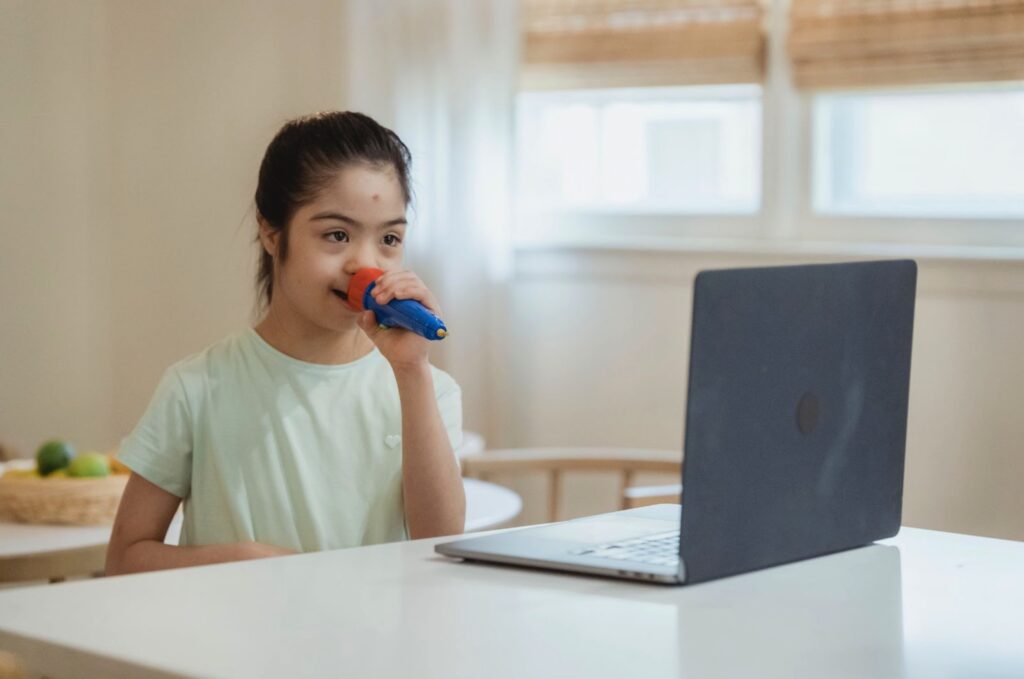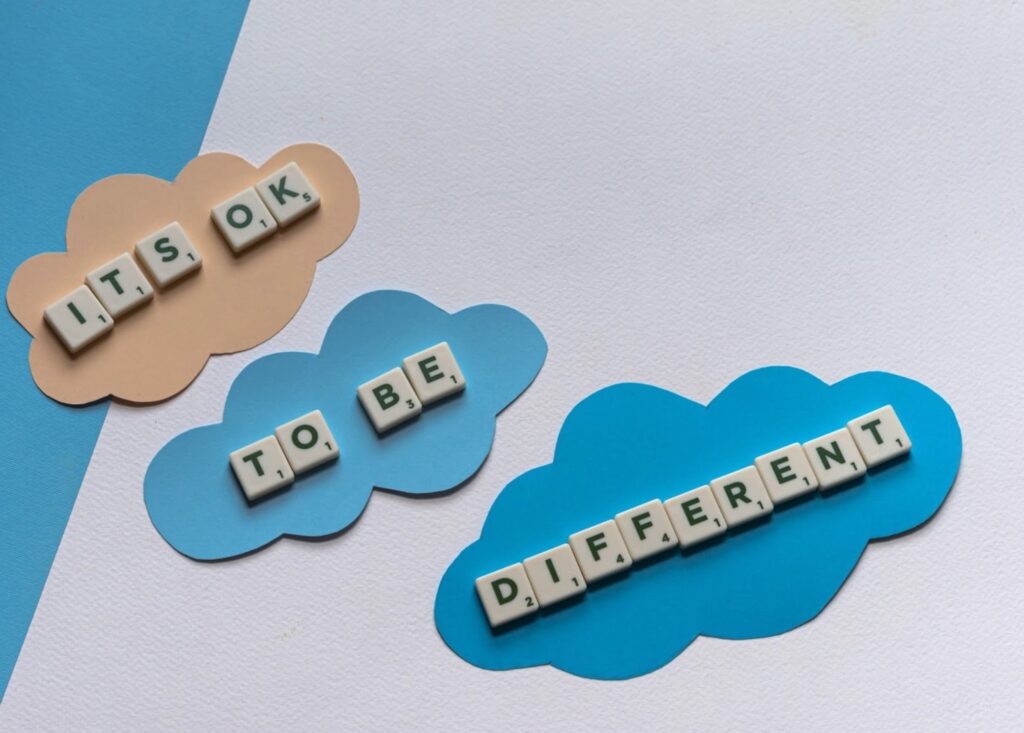Autism and Independence: Developing Life Skills for the Future

Autism is like a rainbow – it comes in many colors and shades.
No two people with autism are exactly alike.
Some are super smart in certain areas, while others might struggle more.
Spotting autism early, usually around age 2 or 3, can make a big difference.
Raising a kid with autism isn’t always easy, but boy is it rewarding!
Seeing them learn new things is like watching a flower bloom.
The right kind of schooling can help autistic kids grow up to be independent adults.
There are lots of cool ways to teach them how to handle everyday stuff on their own.
Want to know how to help an autistic person become more independent?
Keep reading – I’ve got some amazing tips that’ll knock your socks off!
Use Their Passions to Light Their Fire
Every person with autism has that one thing they’re crazy about.
We can use this to teach them new tricks, like how to chat with others.
Let’s say someone loves music and can remember lyrics like a champ.
We could put them in a group with other music lovers.
This way, they can practice talking while doing something they enjoy.
Before you know it, they’ll be gabbing away without needing any help!
Parents: Time to Hit the Books!
Moms and dads, listen up!
**The more you know about autism, the better you can help your kiddo.**
Learning about autism is like putting on a pair of magic glasses.
Suddenly, you can see your child’s special talents AND the areas where they need a boost.
Staying up-to-date on new therapies and gadgets is like having a toolbox full of cool tricks to teach your child.
Get the Neighborhood Gang Together
It takes a village to raise a child, right?
Well, the same goes for helping someone with autism learn new skills.
Finding the right group of people can be like striking gold.
They can teach your child how to make friends and pick up new abilities.
Why not sign them up for a special summer camp?
It’s like a crash course in fun and learning!
Picture This: A Day in the Life
You know how they say a picture is worth a thousand words?
Well, for someone with autism, it might be worth even more!
Creating a picture guide of daily tasks can be a game-changer.
It’s like giving them a map to navigate their day without needing a tour guide.
This simple trick can help them become their own boss!
Tech to the Rescue!
In today’s world, technology is like a superhero sidekick.
It’s not just for fun – it can be a real lifesaver for people with autism.
There are apps that can help with everything from organizing tasks to communicating.
It’s like having a personal assistant right in your pocket!
Bring in the Pros
Professional therapists are like coaches for life skills.
They can spot what makes each person tick and create a game plan just for them.
These therapy sessions are packed with fun activities to teach important stuff.
It’s like going to a school where every lesson is tailored just for you!
Boost That Self-Esteem!
Kids with autism sometimes feel like they don’t fit in.
But here’s the secret: **everyone is unique, and that’s awesome!**
Teaching them about their special abilities is like giving them a superpower.
When they feel good about themselves, they’re more likely to try new things on their own.
In a nutshell, helping someone with autism become independent is like solving a fun puzzle.
With the right pieces – like finding their interests, getting expert help, and using cool tech – you can create a beautiful picture of independence!
This guide is perfect for parents, teachers, or anyone who wants to help someone with autism spread their wings.
Remember, with the right support, the sky’s the limit!
References and Resources for Autism
- Autism Speaks: A nationally recognized authority on autism, this website contains a wealth of information about the disorder, its treatment, and resources for families. (https://www.autismspeaks.org/)
- National Institute of Mental Health (NIMH): NIMH’s section on Autism Spectrum Disorder provides evidence-based, trustworthy information about the disorder. (https://www.nimh.nih.gov/health/topics/autism-spectrum-disorders-asd)
- Centers for Disease Control and Prevention (CDC): Their page on Autism Spectrum Disorder is regularly updated with new research and statistics. (https://www.cdc.gov/ncbddd/autism/index.html)
- Autism Society: This organization has a long history of providing information and resources for individuals with autism and their families. (https://www.autism-society.org/)
- American Speech-Language-Hearing Association (ASHA): ASHA’s page on Autism provides relevant and detailed information about communication difficulties in people with Autism, a key element in understanding and treating the disorder. (https://www.asha.org/practice-portal/clinical-topics/autism/)

Author: Michelle Landeros, LMFT
Michelle Landeros is a Licensed Marriage Family Therapist (LMFT). She is passionate about helping individuals, couples and families thrive.











